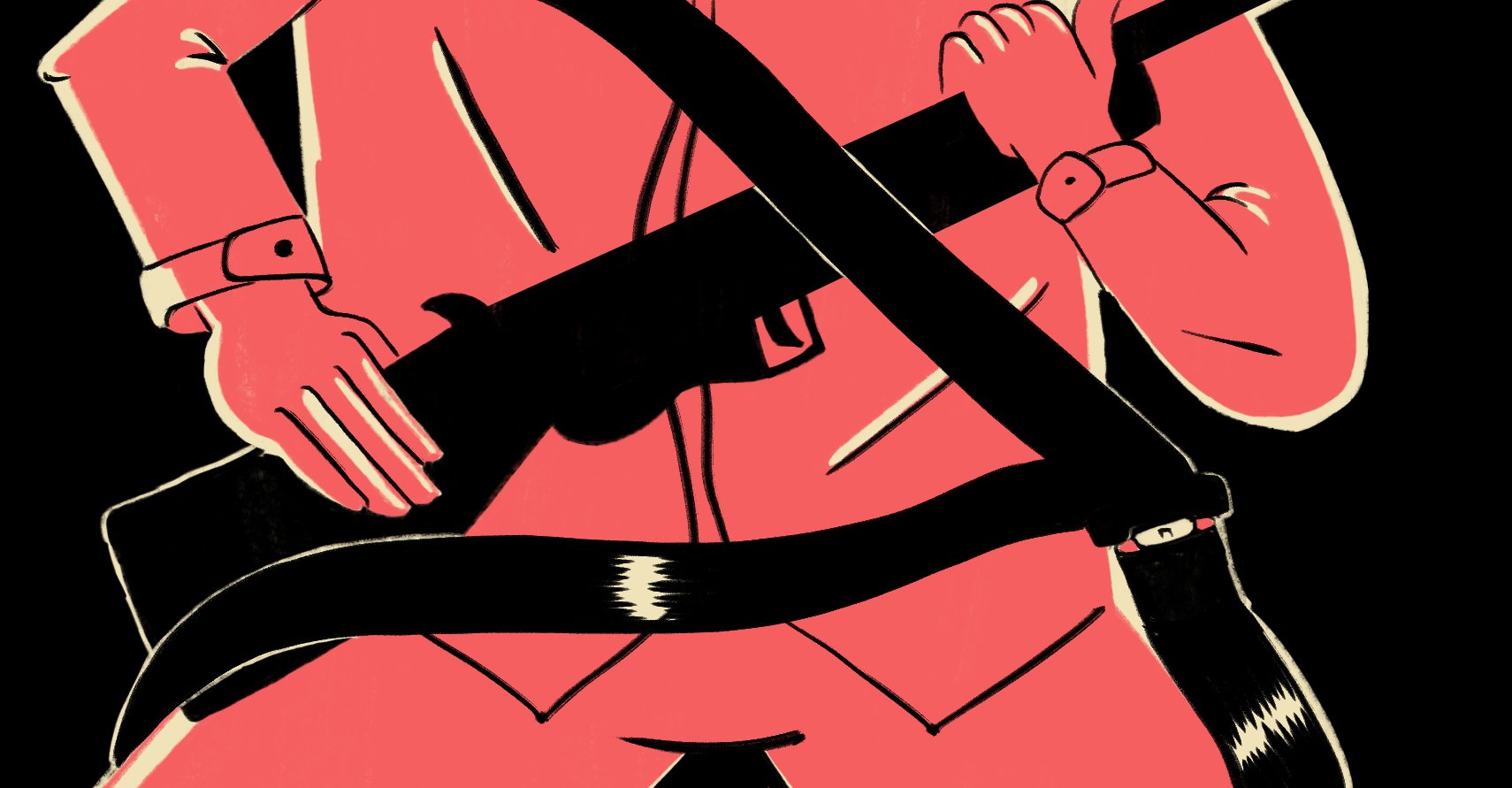Former President George H.W. Bush parachuted back into the headlines today with a slew of pointed criticism aimed at his son’s advisors. In a new biography by Jon Meacham, Bush disparages former Vice President Dick Cheney for having an “iron-ass will,” and former Secretary of Defense for being “arrogant.” Some political journalists interpreted the comments as Bush, without his own self-authored memoir, seizing on a late opportunity to cement his legacy. But it’s not the first time the dynastic Republican has shown willingness to break ranks with his fellow party members when his principles called for it.
In 1995, during an earlier charged period in the American gun debate, Bush publicly cut ties with the National Rifle Association over a incendiary fundraising letter sent to the gun group’s 3.5 million members. In the appeal sent that April, NRA Executive Vice President Wayne LaPierre penned a now infamous phrase, labeling government agents “jack-booted thugs” who robbed citizens of their constitutional rights. The language was one step too far for the former president. He fired off a letter of resignation to the NRA’s president, Tom Washington, calling LaPierre’s desperate appeal a “broadside against Federal agents.”
“You have not repudiated Mr. LaPierre’s unwarranted attack,” Bush’s missive reads. “Therefore, I resign as a Life Member of NRA, said resignation to be effective upon your receipt of this letter. Please remove my name from your membership list.”
Here’s a copy of Bush’s full letter, courtesy of the George Bush Presidential Library and Museum:
LaPierre’s fundraising pitch came in response to a crisis of confidence within his organization. In 1995, the NRA was bleeding members. Many, including President Bill Clinton, credited the group with the sweeping Republican victory in the previous year’s midterm elections. But the passage of federal background check legislation in 1993 and the assault weapons ban in 1994 that fueled the anger of gun rights voters had also caused as many as 300,000 members to defect, former NRA lobbyist Richard Feldman writes in Ricochet. The organization also had deficits in the tens of millions of dollars. As Wayne LaPierre himself later told Fortune, “The NRA was decaying and was in danger of dying.”
The NRA’s solution was to aggressively court a new, more extreme member base. In the fundraising letter that lead to Bush’s resignation, the NRA played into the fears of anti-government militia groups. The scare tactics in LaPierre’s letter — that government agents, donned in “Nazi bucket helmets and black storm trooper uniforms,” were licensed to “harass, intimidate, and even murder law-abiding citizens” — were part of the NRA’s new plan to leave the embarrassments of the weapons ban and background checks in the dust and press on with truly no-compromise gun owners as its core political constituency.
In different circumstances, LaPierre’s language might have been dismissed as the hyperbolic fatalism for which the NRA has become known. But his timing couldn’t have been worse. Six days after LaPierre sent his letter to NRA members, Timothy McVeigh bombed a federal building in downtown Oklahoma City, Oklahoma. The attack was devastating for multiple federal law enforcement agencies, including the Bureau of Alcohol, Tobacco, Firearms, and Explosives, and sympathy for federal agents was running high.
Politicians were also concerned that rhetoric like LaPierre’s was fanning the flames of the anti-government militia movement with which McVeigh was associated. (After the bombing, it was clear that the militia groups were not involved in McVeigh’s attack.) McVeigh even had particular grievances with the ATF, writes sociologist Scott Melzer in Gun Crusaders. But LaPierre continued to stand behind the vitriolic claims about ATF agents in his fundraising letter. He defended his letter as “a pretty close description” of how ATF agents enforced the law.
Bush’s criticism was the pushback that prompted LaPierre to finally apologize. The NRA leader walked back his remarks eight days after the former president’s letter of resignation. “I really feel bad about the fact that the words in that letter have been interpreted to apply to all federal law-enforcement officers,” LaPierre said. A chief lobbyist for the organization who reportedly met with the Michigan Militia in 1995 was later replaced by James Jay Baker, who was willing to be flexible. “Certain truths and principles we believe in — we try to protect law-abiding gun ownership from useless restrictions,” Baker told the Chicago Tribune. “But beyond that there are a lot of nuances.”
In 1998, the NRA held its largest convention ever, and in the next year reported a surplus of $5 million. Ever cautious of returning to the wrong side of history after a massacre, in the wake of the Columbine shooting in 1999, the NRA supported background checks at gun shows under the campaign slogan, “Be Reasonable.”
[Photo: David Valdez, Wikicommons]



